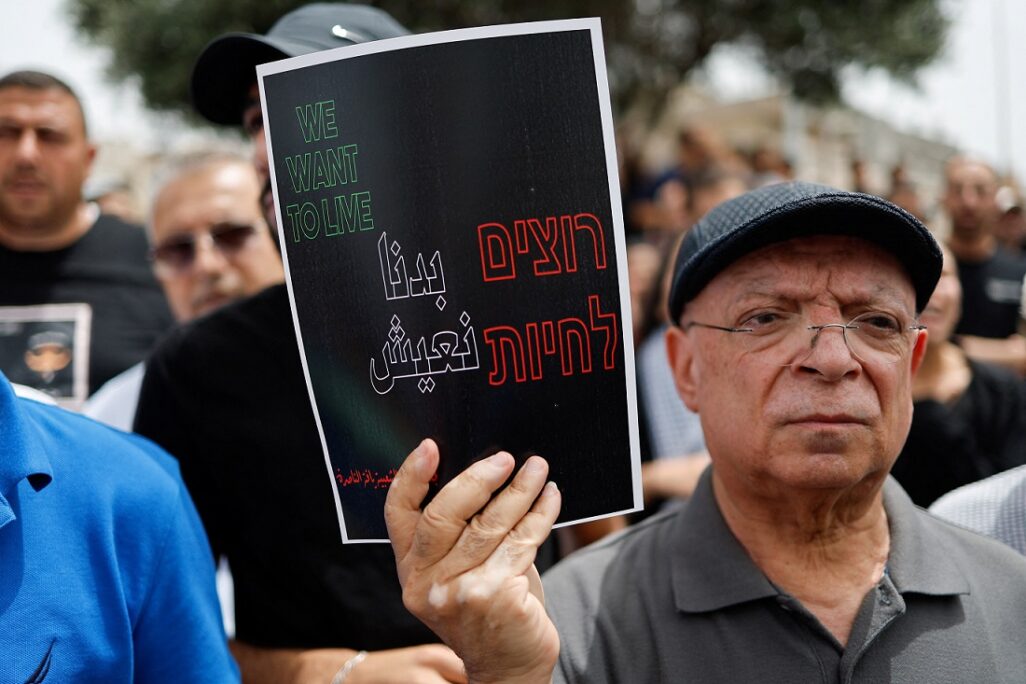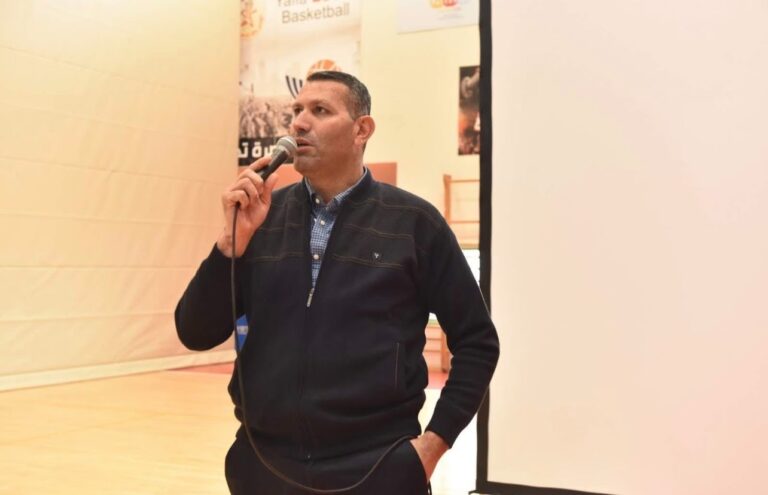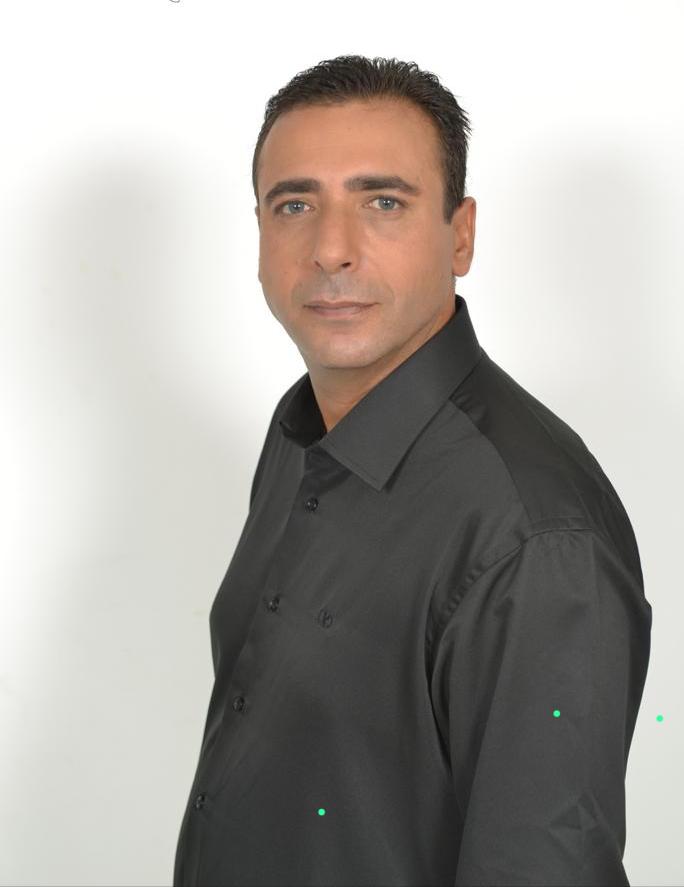
Residents of the Arab town of Yafa an-Naseriyye in northern Israel are still reeling from a quintuple murder that took place earlier this month.
In a conversation with Davar, Maher Khaliliya, head of the Yafa an-Naseriyye council, called on Prime Minister Benjamin Netanyahu to take the violence seriously.
“The prime minister is responsible for everyone,” he said. “In my opinion he should come here, as though it were a terrorist attack. Violence should not be normalized. If it happened in Jerusalem or Netanya he would come—they are his citizens. So he should feel obligated to come here too.”
On June 8, a gunman killed five people at a carwash in Yafa an Naseriyye. A 15-year-old boy named Rami and his cousin, Naim Marjiya, were killed while sitting in a car. Three other men, Ibrahim Shahada, Louis Abu Rajab and Muhammad Kanana were murdered at point blank range.
Police have made arrests following the murder, but residents of Yafa an-Naseriyye say that the security situation in the town is still inadequate.

Khaliliya said that far-right National Security Minister Itamar Ben Gvir did not visit the town after the shooting, despite the minister’s claims. "I never saw him. They say that he came but he didn't,” he said.
To add insult to injury, a video was released in which Ben Gvir’s assistant, Chanamel Dorfman, was seen publicly urinating on the outskirts of Yafa an-Naseriyye.
"Personal security has dropped to a low," Khaliliya said. "I am in contact with the police and demand that they be present on the streets of Yafa an-Naseriyye.”
Imran Kanana, who served as head of the Yafa an-Naseriyye council from 2008-2018, told Davar that he worries for his own family’s safety, including his two sons, ages 16 and 19.
“I tell them, ‘You better go to Ramat Yishai [a Jewish town in northern Israel] to eat, because in an Arab town you will get a stray bullet,’” he said. “Parents tell their children, 'Go make money and study, and then move to a Jewish town because it's safer there.'”
He condemned residents of Jewish towns who “believe in Jewish supremacy” and oppose Arabs moving in and suggest that the high crime rates in Arab towns prove that Arabs are inherently violent.
"It's not a matter of genetics between Jews and Arabs," he said. “These are phenomena that can afflict any group of people. Blaming the victim is the easiest, but you have to look deeper.”
He said that much of the blame lies with the Israeli police, which has failed to address the problem of illegal weapons in Arab towns.

Social service workers expressed concerns about working in Yafa an-Naseriyye.
“We are afraid for ourselves,” one social service worker told Davar. “We have families, and I don't have confidence that the state is looking out for me. Sometimes I feel helpless. I have a patient that is clearly involved with a violent crowd and it’s impossible to treat him without endangering myself ".
Welfare workers we spoke with in the past day expressed fear of doing their work in Yafa an Naseriyye, lest they be swallowed up. "We are afraid for ourselves," said one of them, "we have families, and I don't have confidence that the state is looking out for me. Sometimes I feel helpless. I have a client who is clearly involved with a violent crowd and it’s impossible to treat him without endangering myself.”
The most important role of the state, Kanana said, is ensuring the security of its citizens.
“That's why we founded a country," he said. "We have no way to collect weapons or catch the killers. Civil society cannot eradicate phenomena such as illegal armed forces and organized crime. The problem is that those who have debt do not go to court, but go to a crime family, they prefer a different system. If the state does not protect me, I will turn to someone else. There is a state within a state."
This article was translated from Hebrew by Etz Greenfeld.






